During the Angelus prayer, Pope Francis recommends a mysterious medicine, and 25,000 small boxes, each containing a rosary, are distributed to the faithful.
A great many medicines are used today in Western countries. Modern man expects to find a remedy for all physical diseases and even for spiritual problems. Therefore, the faithful who gathered on Sunday, November 17, in St. Peter’s Square for the noon Angelus, listened to Pope Francis with great curiosity, but with some surprise, too, when he began to speak of medicine.
“I would like to recommend a medicine to all of you,” Francis began. And then he added: “Some of you will say: ‘Has the Pope become a pharmacist?’” Some in the crowd laughed.
“It is a ‘spiritual medicine’ called Misericordina,” the Pope continued. “Each box contains 59 ‘heart granules.’ Some volunteers will distribute the boxes as you leave the Square: take them with you. Inside each box there is a rosary which you can also use to recite the Chaplet of Divine Mercy, a support for your soul and an instrument for spreading love, forgiveness and brotherhood everywhere.
“Don’t forget to take this medicine: it is so good for your heart, your soul and your life in general,” the Pope concluded.
Six distribution points for the “medicine” had in fact been set up in St. Peter’s Square. The Misericordina was distributed by seminarians, Swiss Guards, Polish nuns of several congregations, and also by the Papal Almoner aided by the Missionaries of Charity of Mother Teresa. Few people among those in the Square knew that Archbishop Konrad Krajewski, the new Papal Almoner, was the inventor of this “medical campaign.”
Some months ago, Krajewski came across a box of Misericordina by chance. This “medicine” was the brainchild of Błaz.ej Kwiatkowski, a student at the seminary of Gdansk, Poland. It is no mere chance that he was the inventor of this medicine: before entering the seminary he studied pharmacy. The Pope’s Almoner liked this “medicine” so much that in September he showed a box to Pope Francis, saying: “Maybe the Holy Father has some heart problems, so he had better take this medicine.”
The Pope, not knowing it was a joke, looked carefully at the box and said seriously: “I never heard of this medicine.” Then he opened it. At that moment he realized that there was a rosary in the box, the image of the Divine Mercy, and a patient information leaflet. Then he began to read the instructions which explain what Misericordina is, what it is for, how it is to be taken, and what its side effects and counter-indications are.
When he got to the end, where the leaflet says that the medicine does not require any medical prescription and that there is no “sell by” date, the Holy Father laughed heartily. Then he said to Krajewski: “Why not distribute this medicine?”
Hence the idea of offering “Misericordina” to the faithful in St. Peter’s Square. Some 25,000 boxes were printed with as many leaflets in several languages. Whole families of Swiss Guards working for about a month did the packaging, putting the rosaries and leaflets in the boxes. This occupation gave them the opportunity to spend time together and recite the rosary.
Nobody imagined that at the end of the Year of Faith the Pope would decide to distribute to the faithful a “medicine” invented in Poland, a “medicine” so good for the heart, the soul and life in general.

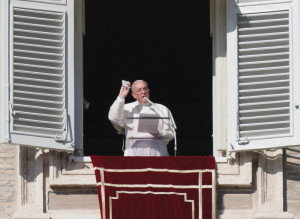
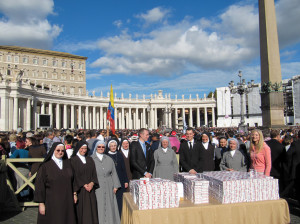
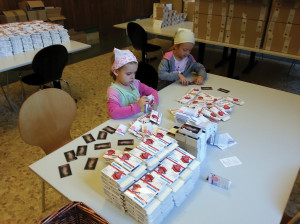


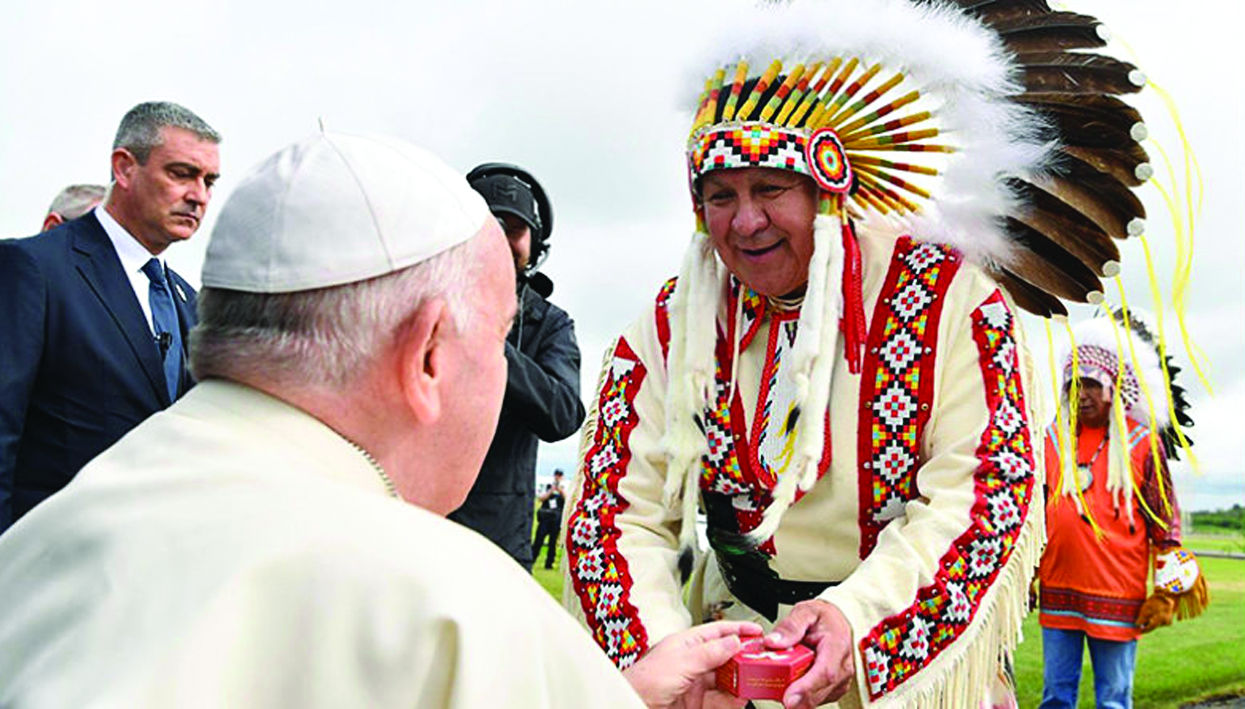
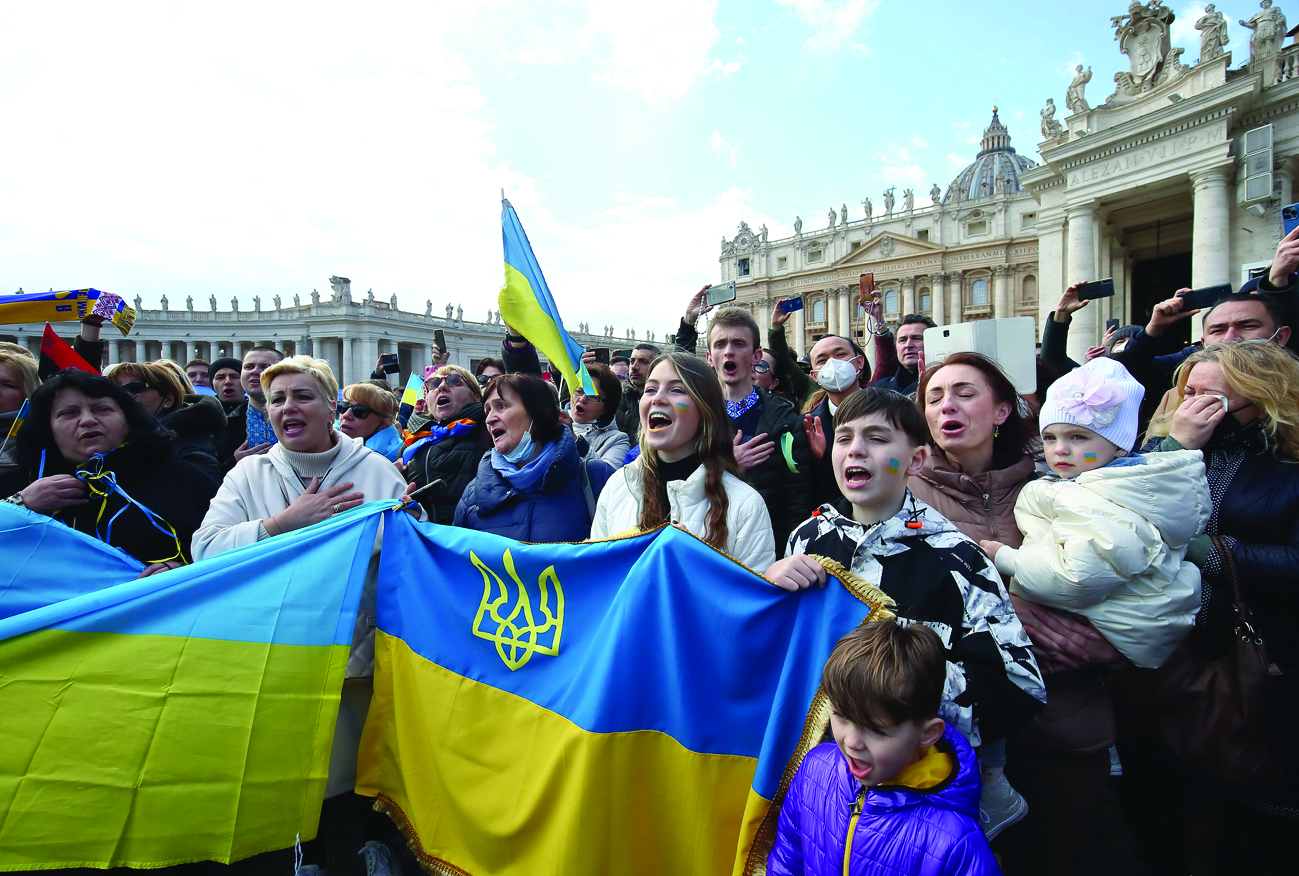

Facebook Comments